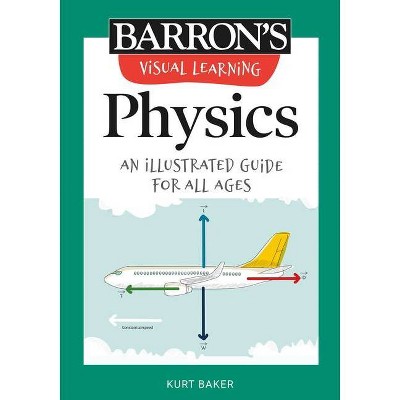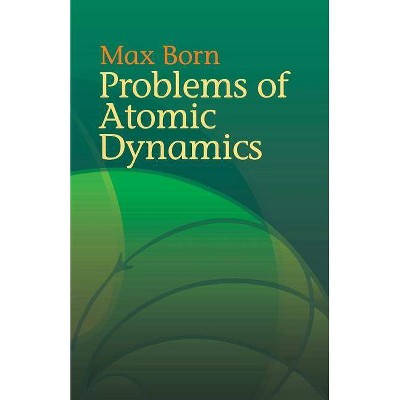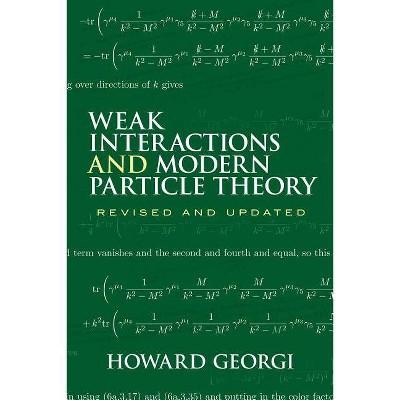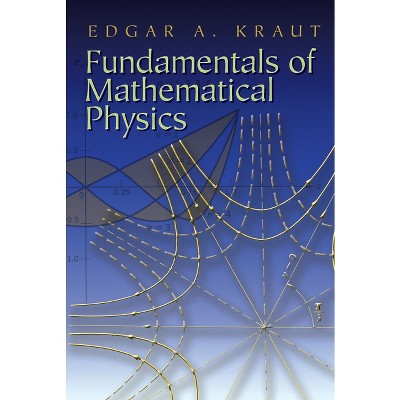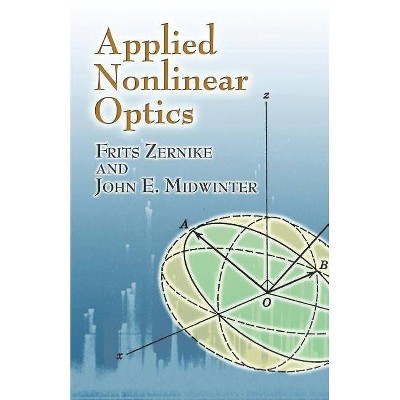About this item
Highlights
- Warum können Sie um die Ecke hören, aber nicht schauen?
- 320 Pages
- Science, Physics
Description
Book Synopsis
Warum können Sie um die Ecke hören, aber nicht schauen? Sie haben sich diese Frage auch schon gestellt? In dieser unterhaltsamen Kuriositätensammlung finden Sie Antworten auf viele derart drängende Probleme des Alltags. Ob Rennauto, Springfloh oder verschwindender Elefant, hier werden paradox erscheinende physikalische Zusammenhänge aufgeklärt, die nicht nur Wissenschaftlern Kopfzerbrechen bereiten. Hübsch gestaltet mit Abbildungen, Karikaturen und Anekdötchen - hervorragend auch als Geschenk geeignet! (12/00)From the Back Cover
Why is there eight times more ice in Antarctica than in the Arctic?
Why can you warm your hands by blowing gently, and cool your hands by blowing hard?
Why would a pitcher scuff a baseball?
Which weighs more--a pound of feathers or a pound of iron?
Let science experts Christopher Jargodzki and Franklin Potter guide you through the curiosities of physics and you'll find the answers to these and hundreds of other quirky conundrums. You'll discover why sounds carry well over water (especially in the summer), how a mouse can be levitated in a magnetic field, why backspin is so important when shooting a basketball, and whether women are indeed as strong as men.
With nearly 400 questions and answers on everything from race cars to jumping fleas to vanishing elephants, MAD ABOUT PHYSICS presents a comprehensive collection of braintwisters and paradoxes that will challenge and entertain even the brainiest of science lovers. Whether you're a physicist by trade or just want to give your brain a power workout, this collection of intriguing and unusual physics challenges will send you on a highly entertaining ride that reveals the relevance of physics in our everyday lives.
About the Author
CHRISTOPHER P. JARGODZKI, Ph.D., is Associate Professor of Physics at Central Missouri State University and the author of two previous books of science braintwisters. He was born in Warsaw, Poland, and received his B.S. and Ph.D. degrees in theoretical physics from the University of California. FRANKLIN POTTER, Ph.D., is an Associate Specialist in Physics at the University of California at Irvine and conducts research in elementary particle physics and cosmology. He received his B.S. degree from Cal Tech and Ph.D. in physics from Texas Tech University.
Shipping details
Return details
Guests also viewed

